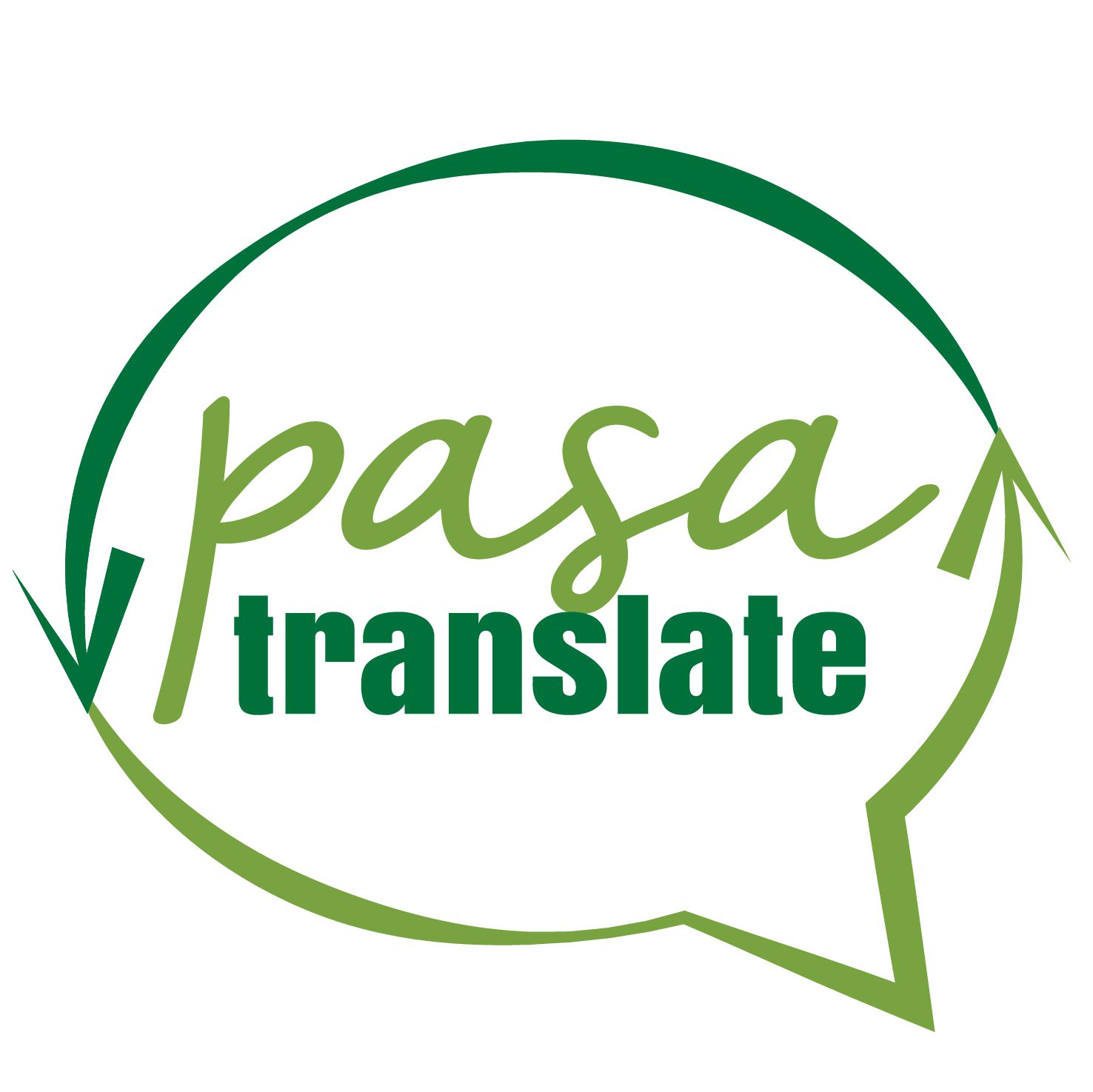Board of directors are a fantastic opportunity for companies to discuss and debate important strategic decisions. These meetings are an important aspect of a company’s governance, setting the stage for future productivity and success. Following a set of best practices will ensure that the agenda for board meetings is www.boardroomsite.com/commonly-asked-questions-about-board-meetings/ well-organized and effective which leads to productive discussions that aid organizational growth.
A board meeting that is efficient begins by clearly defining the meeting’s goals and ensuring that all legal concerns are addressed. This includes provisions in the governance documents that set the limits on participation and attendance for members with conflicts of interest or claims against each other and also the requirements for participants who only have observer status.
Any board meeting should include a discussion of important business issues like the process of reviewing and approving financial statements, as well as discussing significant questions regarding policy. The agenda should also contain time for the board to consider its current performance and how it can improve its performance.
Insufficient preparation and inadequate communication can lead to an unplanned agenda and an unorganized meeting that doesn’t address the core business needs of the organization. A well-planned agenda and a clear record of the meeting can reduce the chance of misunderstandings or disputes, as well as ensure that all decisions are made in a legally-sound and informed manner. In addition the board should not being distracted by discussion topics that aren’t part of the agenda’s top agenda by establishing an “parking lot” for these items at the end of the agenda.

